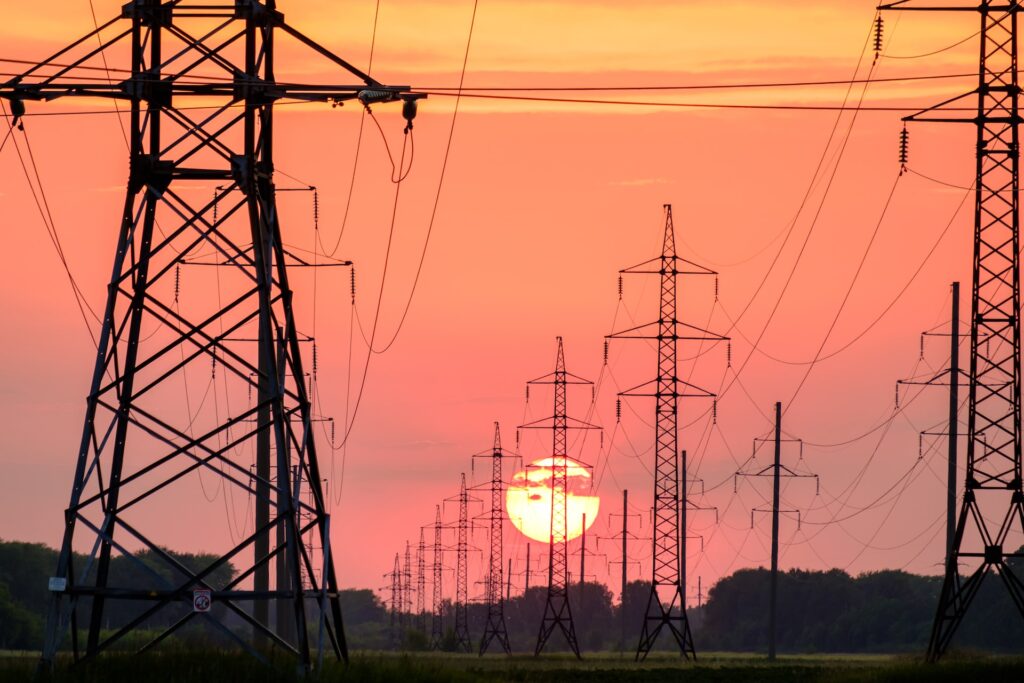
As Americans struggle to pay for the increase in the cost of everything from groceries and gasoline, the federal government has promised relief from the rising cost in living. The Biden Administration recently championed the Inflation Reduction Act, which they claim will help alleviate the pain of rising prices.
While critics and supporters argue over whether or not the bill will actually help the average consumer with inflation, both groups seem to agree on one thing: this bill is the largest climate bill to this point.
Electric Vehicles and the Politics of Climate
As heat waves sweep the nation once again, many scientists, including those at the Environmental Protection Agency, see proof of the planet’s changing climate. In an effort to stem climate change, the US government is making a big push for electric battery-powered vehicles which do not emit carbon into the atmosphere.
So what does this all mean? It means, the Inflation Reduction Act could be part of a huge push towards electric trucks. Matt Cole from the Commercial Carrier Journal predicts that, “[B]y 2030, over 60% of new truck sales could be electric”.
The IRA will provide government subsidies and incentives (read: money) for the development and production of electric vehicles and batteries.
Electric Trucks – Are We Ready?
For its part, leaders of the trucking industry are ready for electric trucks. While long-haul may be a longer way out, electric trucks are already understood to be capable for shorter distances, requiring less charges.
But everything isn’t perfect in the land of electric. The aforementioned heat waves have also proven how delicate our electric grid truly is. During the recent California heat wave, residents increased their electricity usage, particularly with air condition, and this put pressure on the state.
California has attempted to reduce their reliance on fossil fuels, and now relies on natural gas and energy imports to keep the state’s lights on. So when the heat wave hit the Golden State, the demand of electricity spiked and the state almost suffered from rolling blackouts.
Most notably, the state issued an alert for electric vehicle users not to charge their vehicles during peak energy usage hours.
Such an alert and the narrowly-averted blackouts could prove that we’re not quite ready for a massive increase of electric trucks on the road. Unless the country is willing to look at other zero-carbon-emission power sources…
